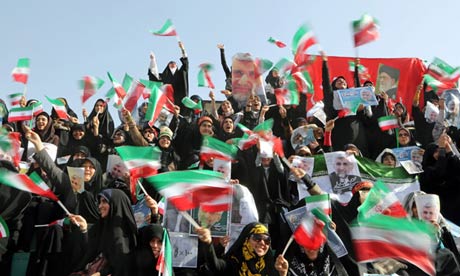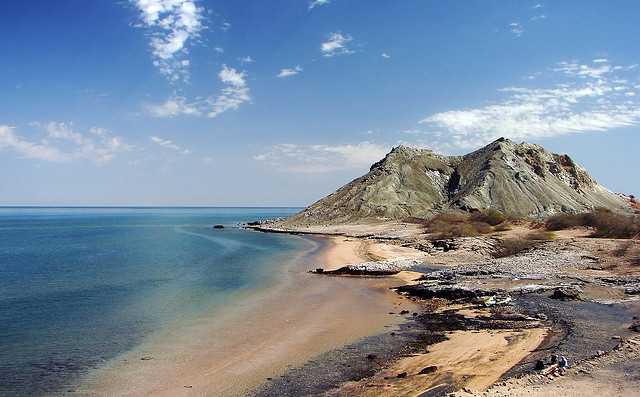Day-to-Day Life In Iran: Struggles and Triumphs

Iranians, like people all over the world, face both struggles and triumphs in everyday life. However, life in Iran is complicated by the global ideological battle between Western and non-Western interests with Iran and other Middle Eastern the focal points for global policy and security measures. As Leyland Cecco of Vocativ describes “Many Iranians negotiate a difficult balance between a fierce pride in their culture and a desire to be connected to the modern world, as well as an uncomfortable awareness of how foreigners see their country.” While the Iranian state has troubles, including human rights abuses and a repressive attitude towards social media, Iranians share much with the world, including the desire to have peace and prosperity.

Khezr Beach Hormoz Island Persian Gulf Iran Hamed Saber
Knowledge is Power
Many people pay little attention to news and information from sources outside their nation’s mainstream. Mainstream news interests, particularly in the United States, present a homogenized viewpoint designed to privilege powerful economic interests at the expense of diversity. However, a broader exposure to disparate viewpoints leads directly to more astute thinking about world affairs than a dependence on a single viewpoint can ever possibly provide. Broad-spectrum exposure to information creates well-informed people who make decisions based on considering their options rather than depending on emotional rhetoric; this is as true for Iranians at home or living abroad as it is for Americans. Thus, the effort it takes to seek out alternative news sources pays off in big dividends. For those that wish to find Iran news in Farsi or in Arabic, there are a number of reputable sites, including Al Jazeera with news in both English and Arabic, Arab News and Payvand Iran News.
Building Common Ground Benefits All
Access to daily news from Iran provides several benefits. First, it allows expatriated Iranians to keep up with what is going on at home. It also allows them to share “home” with their children and grandchildren who may have never been to Iran. Second, it allows non-Iranians a glimpse into life in a country that seriously maligned for decades in the media. With a little exposure, the carefully constructed frame depicting Iran as a nation of American hating radicals immediately crumbles; Iranians, like people the world over, are concerned with raising families, gaining education, engaging in leisure activities and enjoying freedom to worship. Compassion and understanding are built from the realization of what is shared, not from an over-emphasis on what divides. In the long term, understanding is the most beneficial approach to all.
Life in Iran
In a 2012 interview with the Tehran Times, US journalist Nile Bowie commented, “Anyone who has come across Iranian people knows that their hospitality and generosity is unmatched. While the society is conservative, average people are more than willing to strike up conversations and invite foreign guests into their homes for lavishly prepared meals.” Iranians as a nation are devoted to intellectual endeavors, great lovers of the arts and music of all kinds and take deep pride in a well-documented and ancient history. Engaging in many of the same day-to-day activities as Westerners, many Iranians are fighting to gain more freedom for not only expression but also access to social networking and other kinds of global media. The National Council for Resistance in Iran (NCRI) recently reported “The commander of Cyberpolice in Iran has declared that over 60 percent of Iranian population are online users. Kamal Hadianfar said: There are 45 million Internet users in the country. Over 23 million of the users are young people.” Just like elsewhere in the world, Iranians are keeping up with friends and family, banking and seeking information online, despite the state’s ban on Twitter and YouTube. The ability to consume and disseminate cultural information is the first step towards broad cultural understanding.
The only sure way to create a more just, peaceful and verdant world is to break down the obstacles build by propaganda and hate speech which limit the possibilities for natural connections between people. Accessing a wide variety of news and information is the first step in developing a perspective respective of other viewpoints and thus beginning to work towards common ground.




